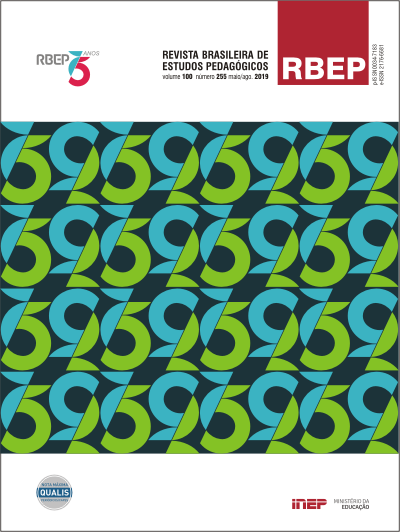The curriculum and its implications for social relations of gender among elementary students
Abstract
Derived from a research of the same name, this original article presents what was found on that investigation. The aforementioned research was conducted within the field of cultural studies, on account of how central culture is to the field and due to the links it establishes with curricular and gender studies. It is underpinned in poststructuralist assumptions and post[1]critical theorization of the curriculum which facilitates the understanding of the way to handle cultural differences related to gender in the school curriculum. The empirical field of research was the municipal education system of a capital at the Brazilian Northeast, in which curricular practices experienced in the daily life of the school were analyzed. Data collected from interviews with students were analyzed with basis on the thematic analysis, derived from the analysis of the content (Bardin, 1977). The results indicate that silencing and opacity mark the curricular practices through the normalization of gender tensions, supposedly brought from outside the school. Thus, instead of the nature, culture assumes the role of fate, becoming immutable. In that way, to culture is denied the status of human production, of a place of struggles, disputes, and conquest, in a never ending process of (re) creation.
Downloads
Once their work is accepted for publication, author’s copyrights are automatically relinquished to the National Institute for Educational Studies and Research Anísio Teixeira (Inep).
Since 2016, the journal Revista Brasileira de Estudos Pedagógicos (RBEP) uses the licence CC-BY.
Partial or total reproduction of the content of this Journal is permitted provided that the original publication is properly referenced, as well as a link to license CC BY 4.0 and to indicate any possible alterations made to the article.




















